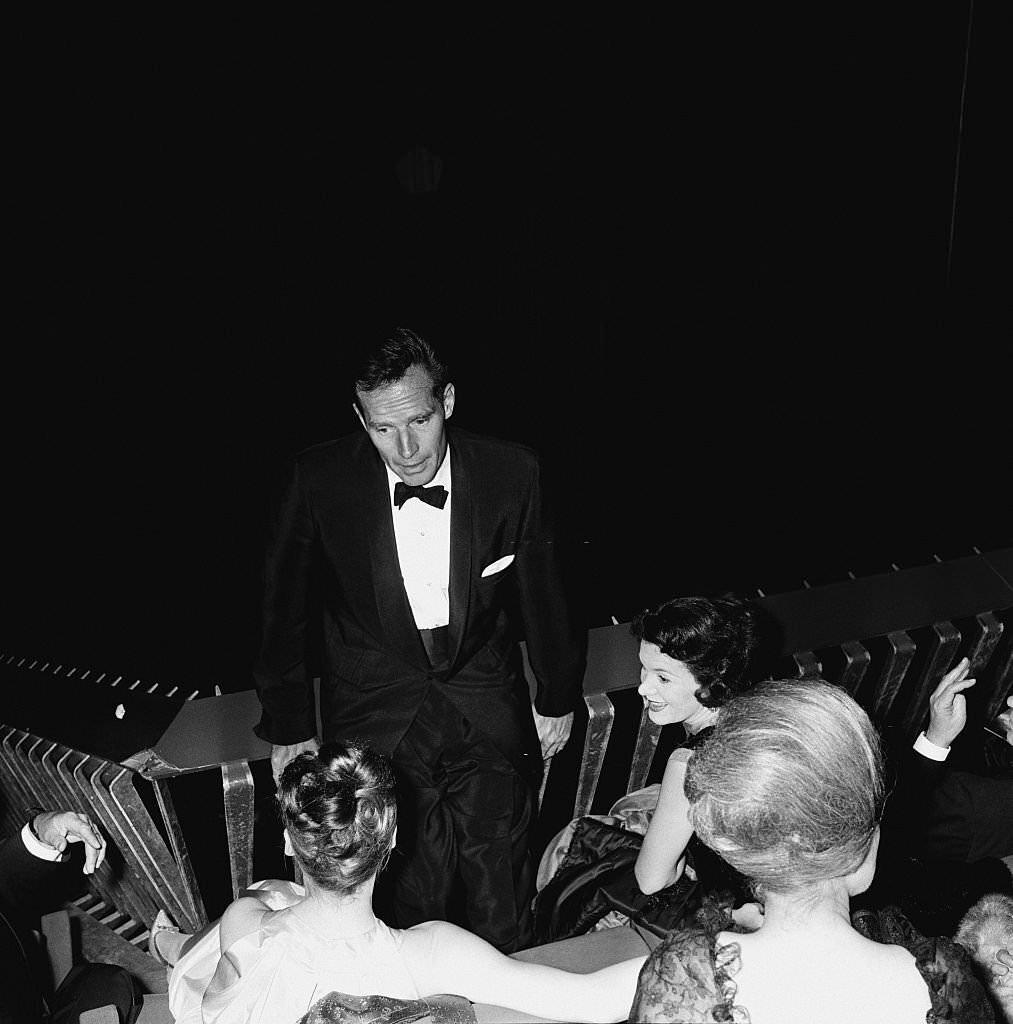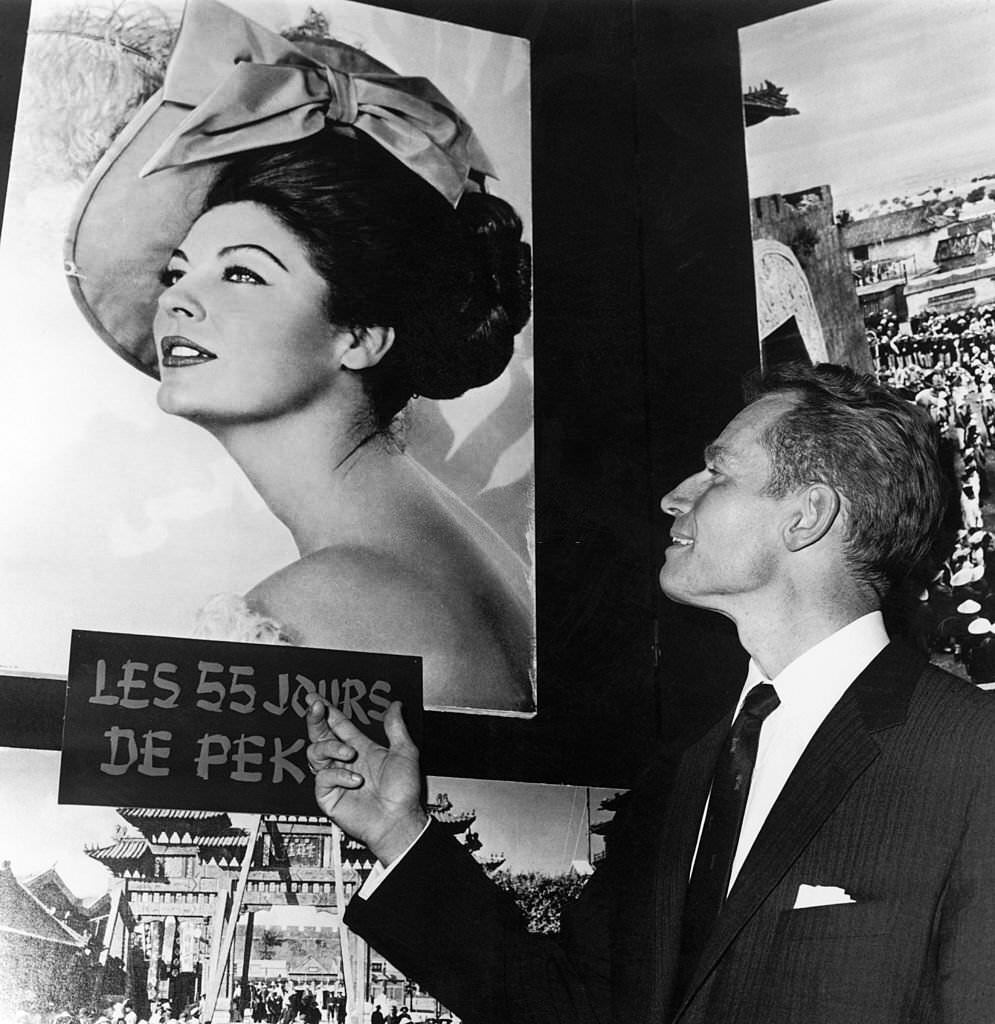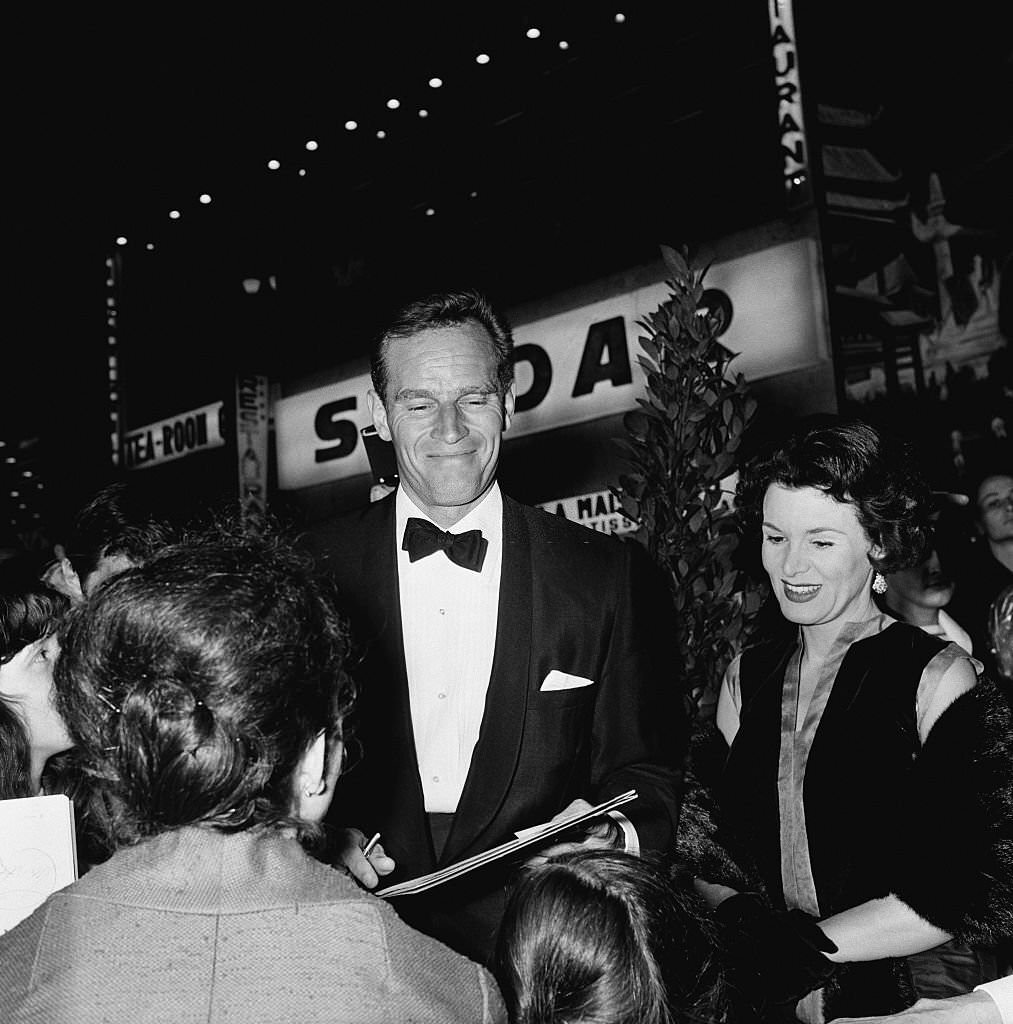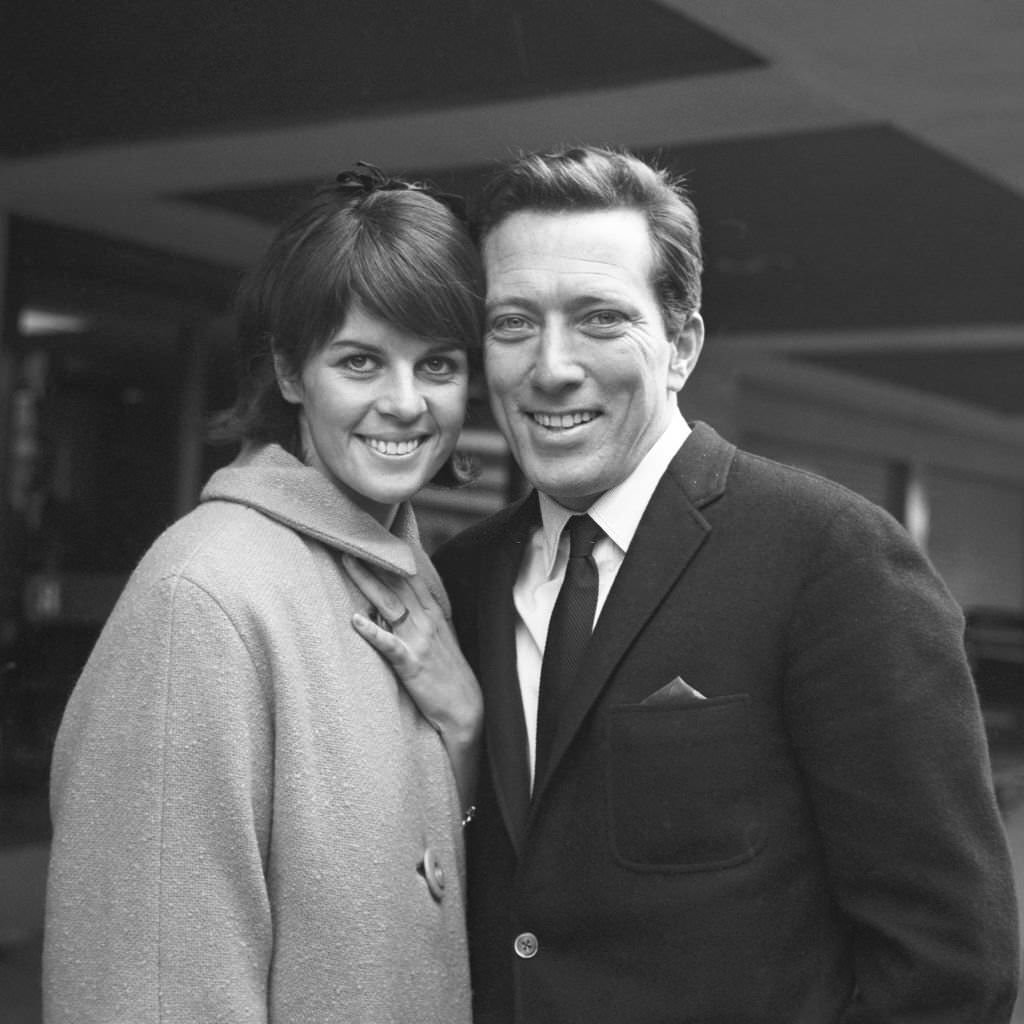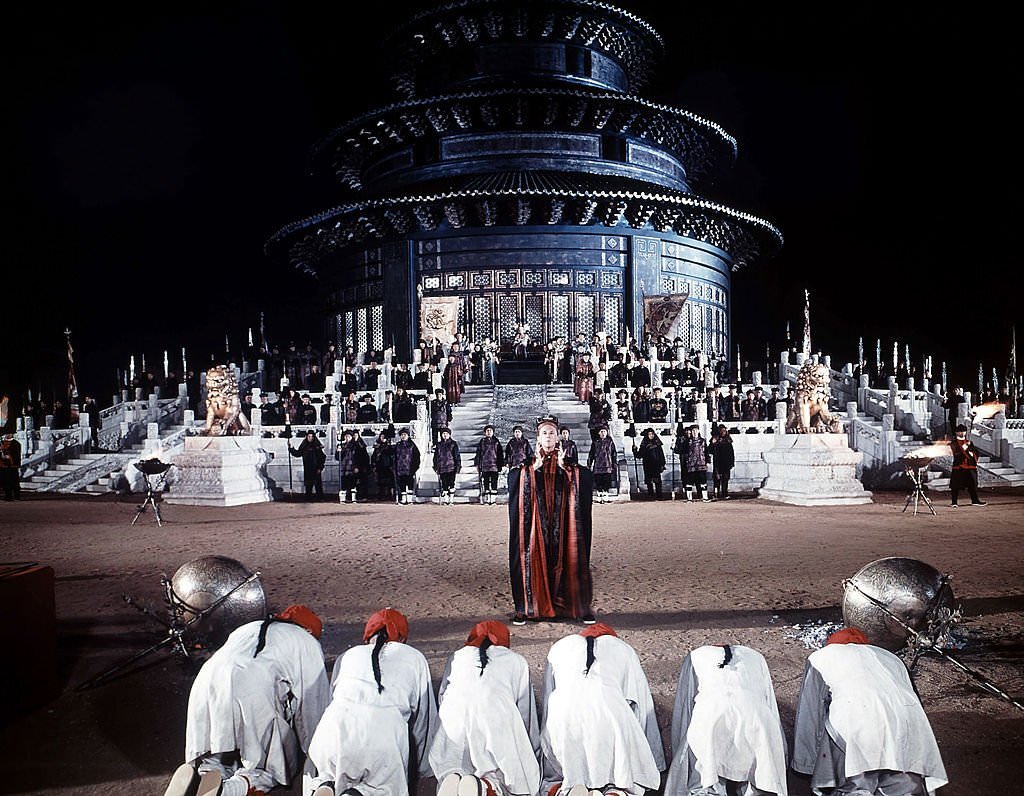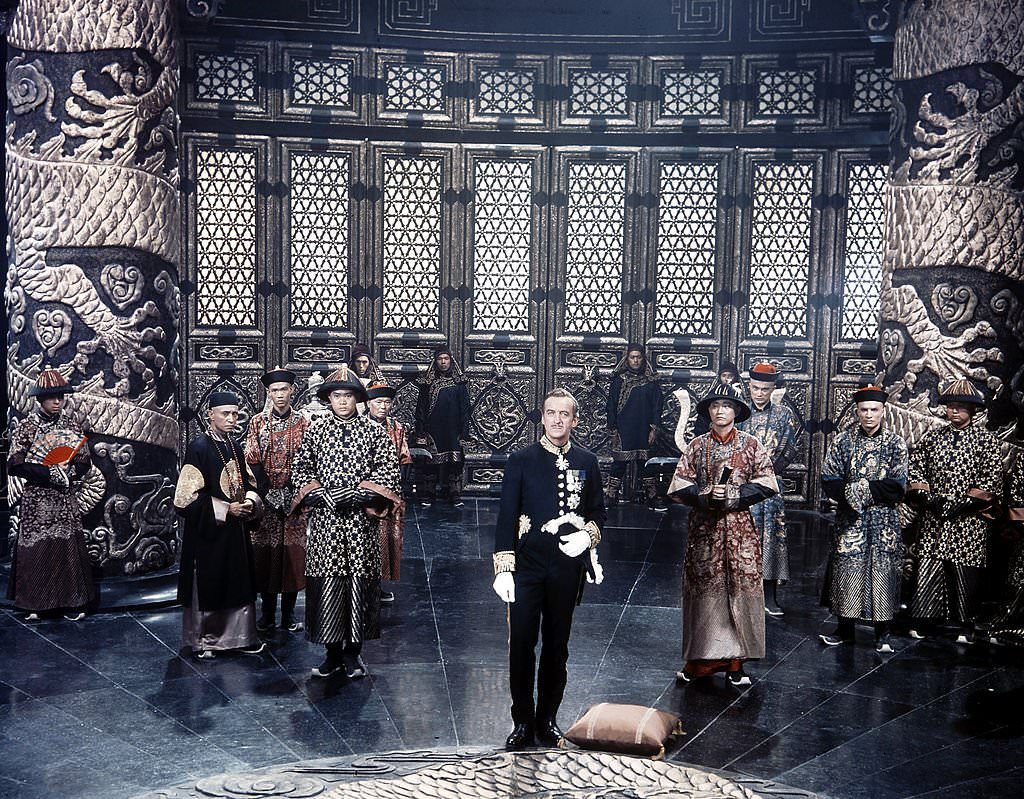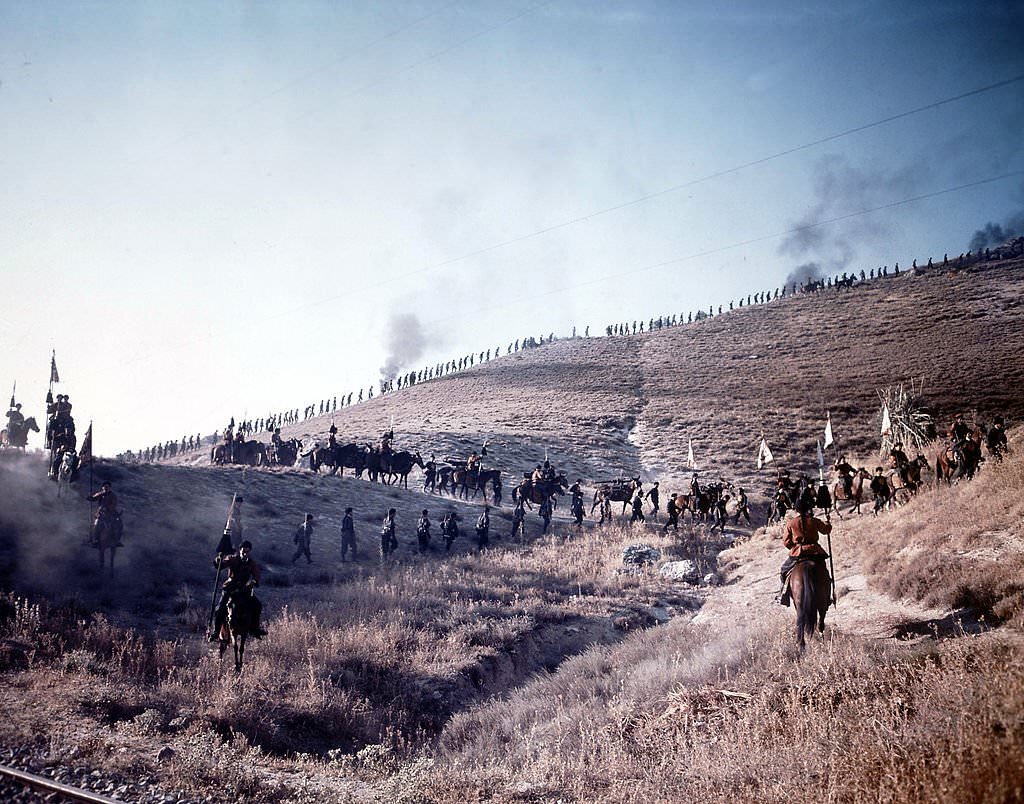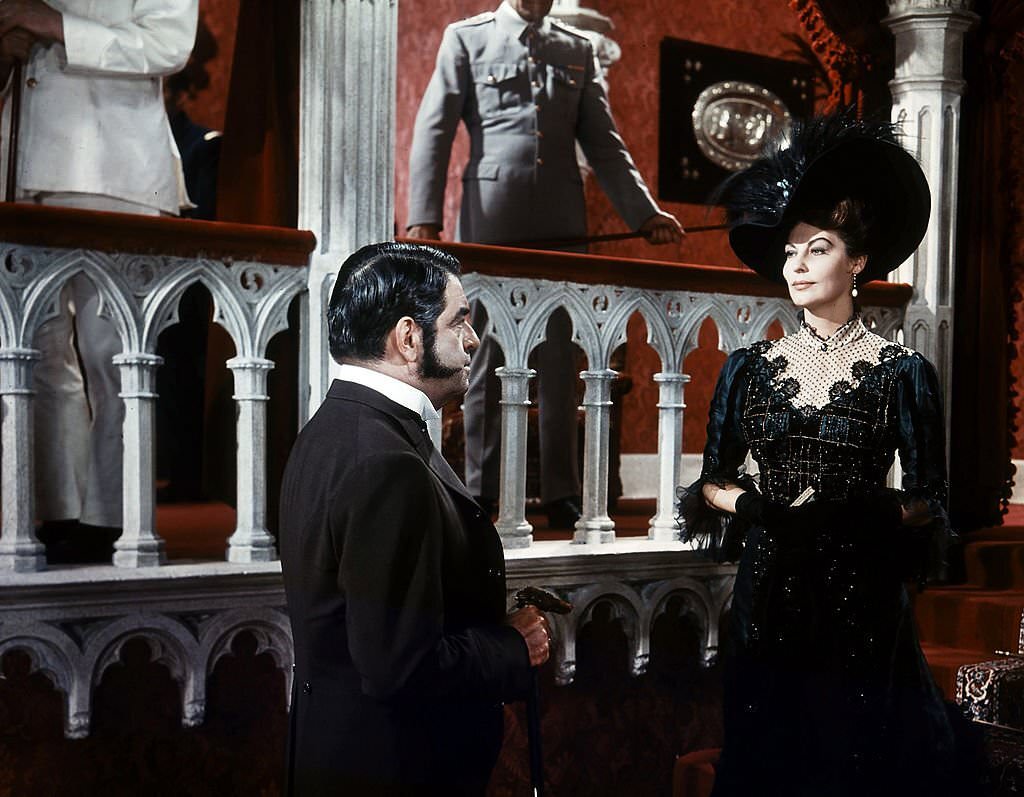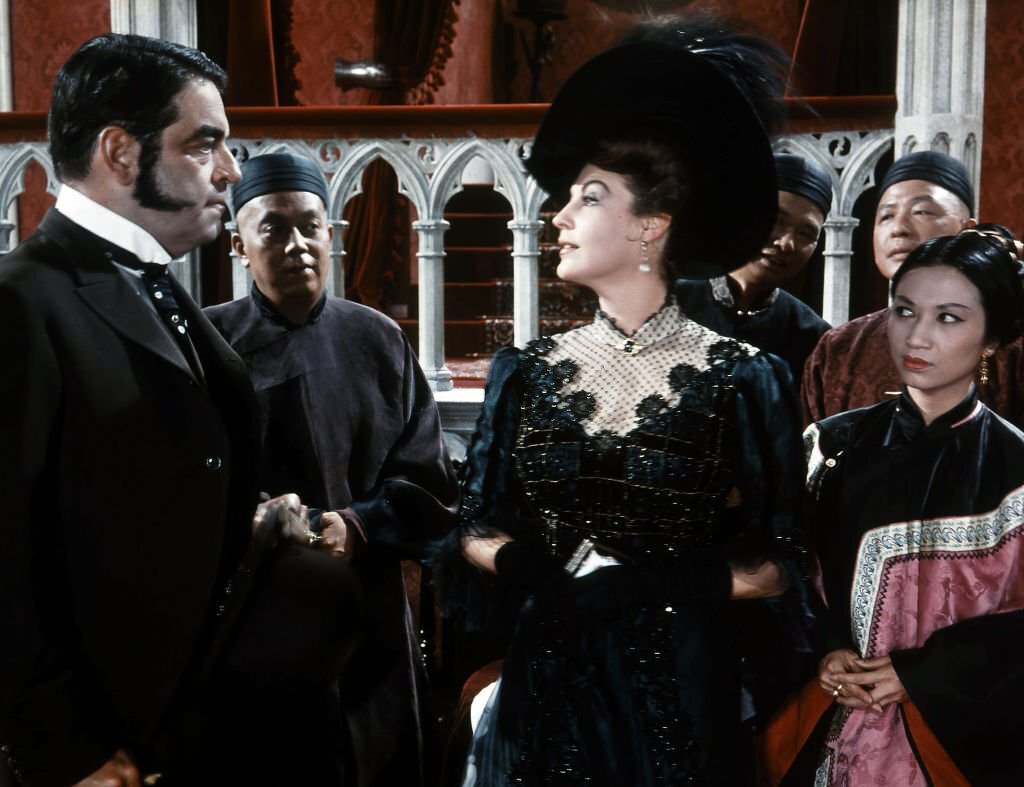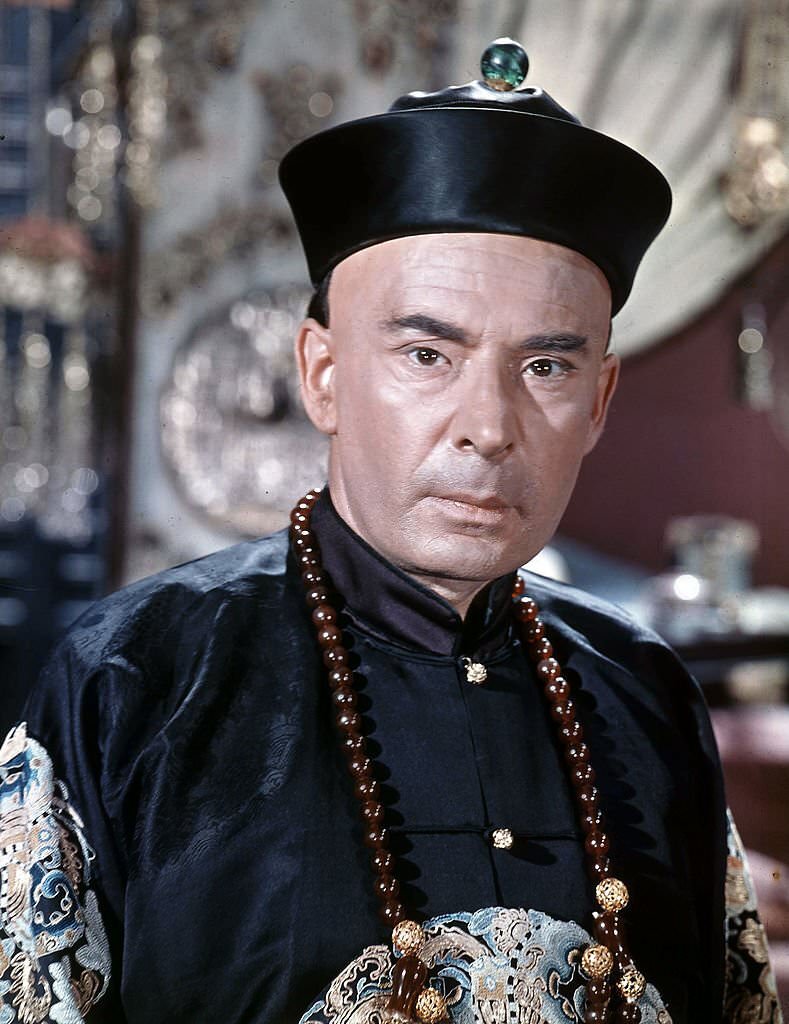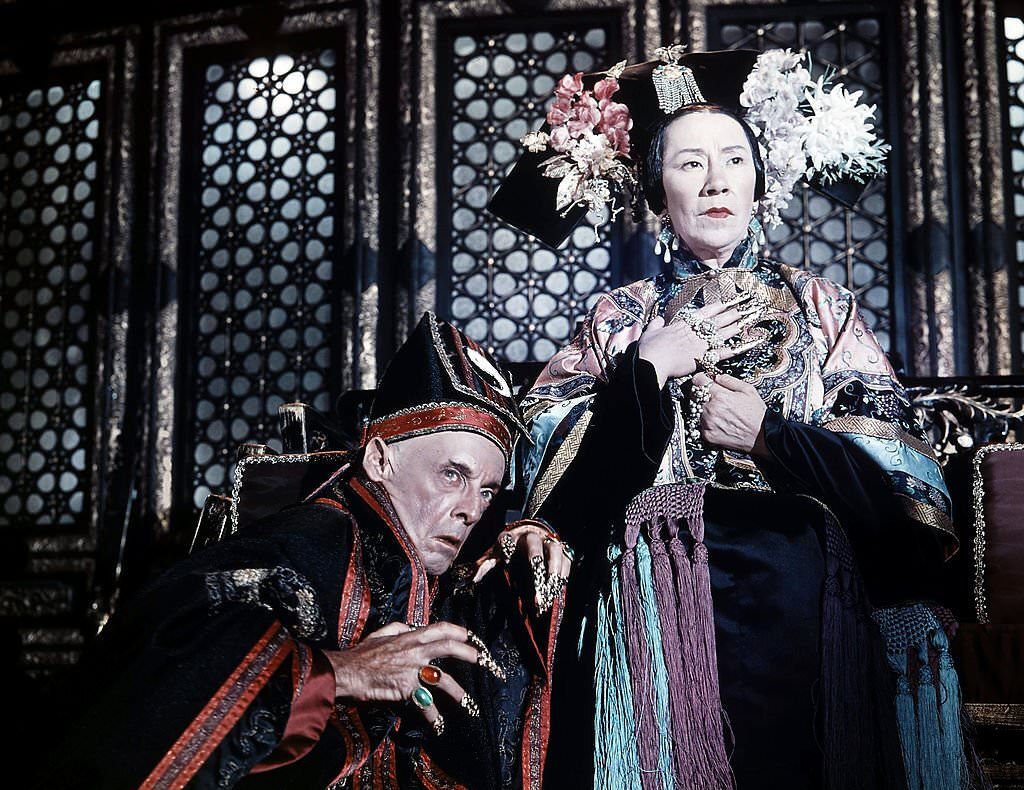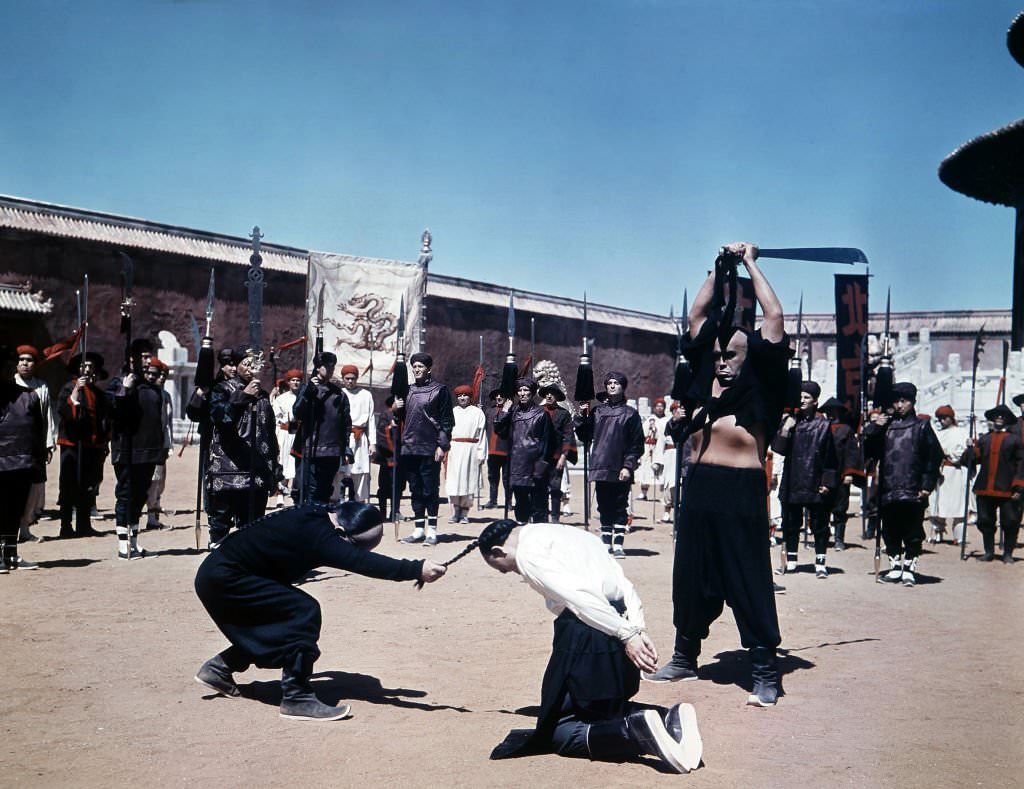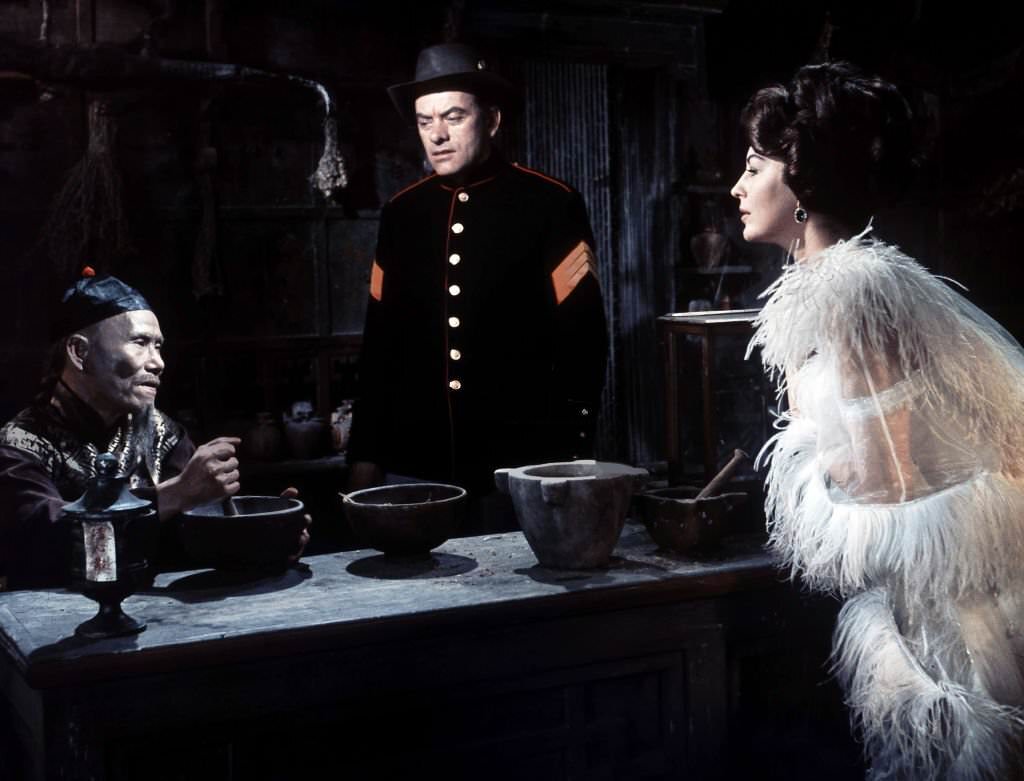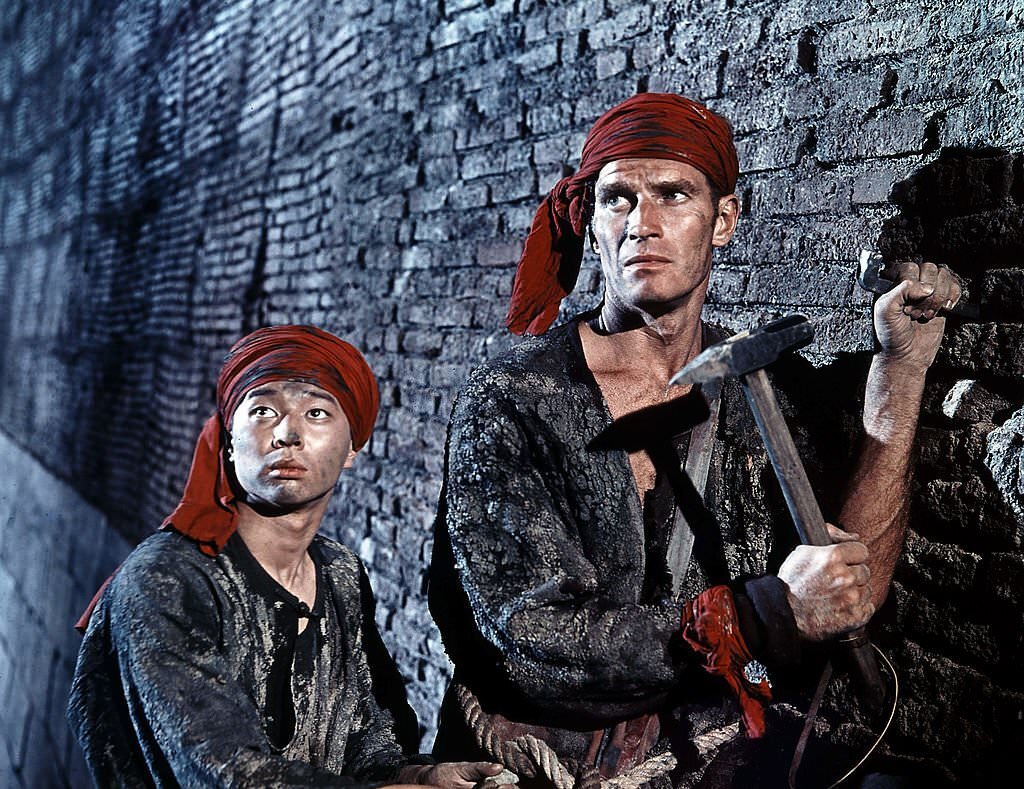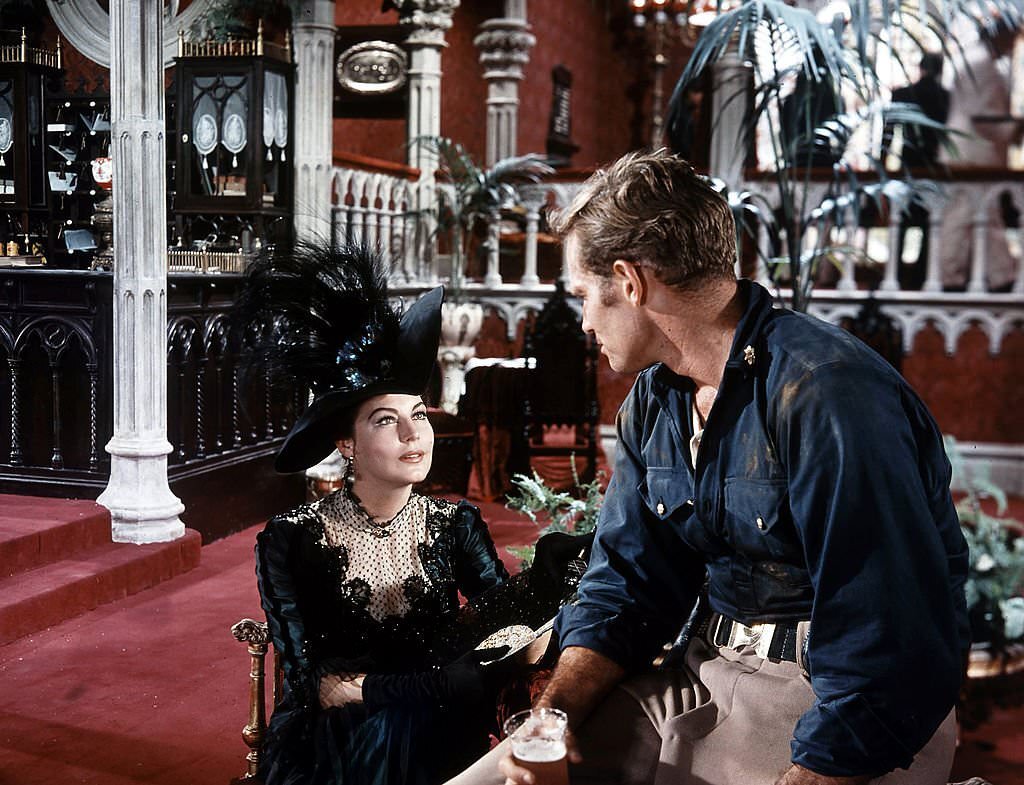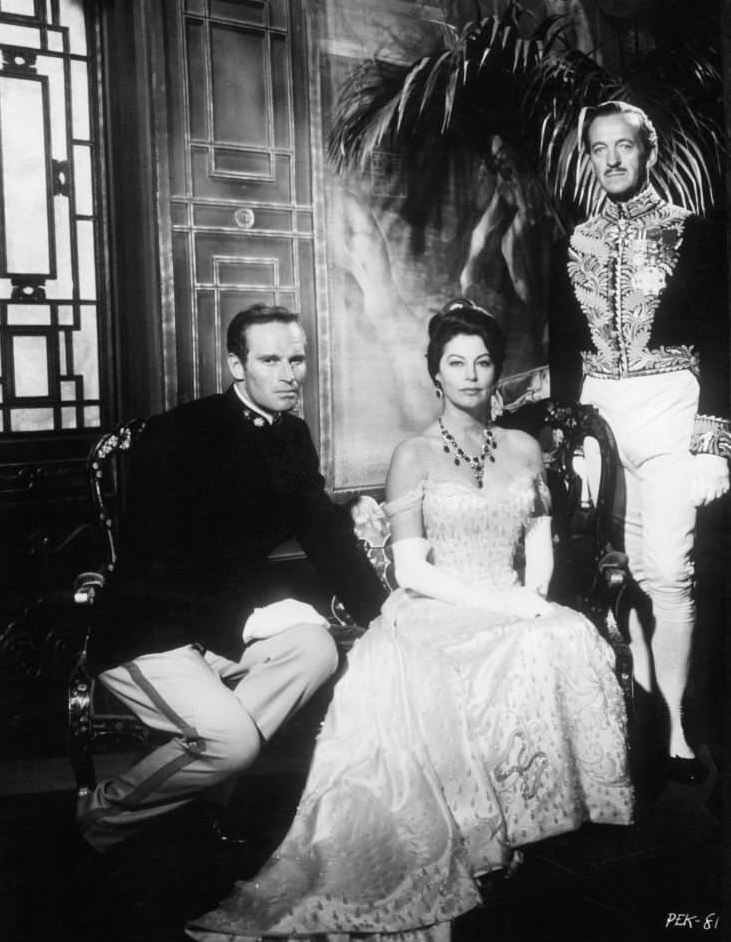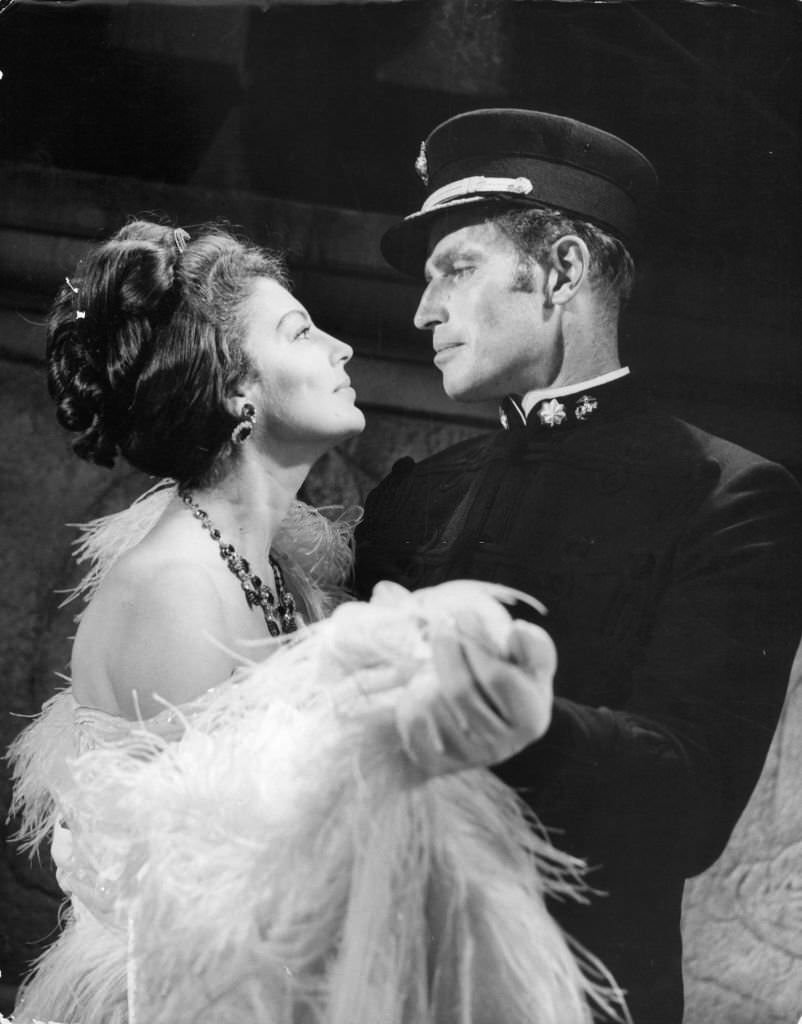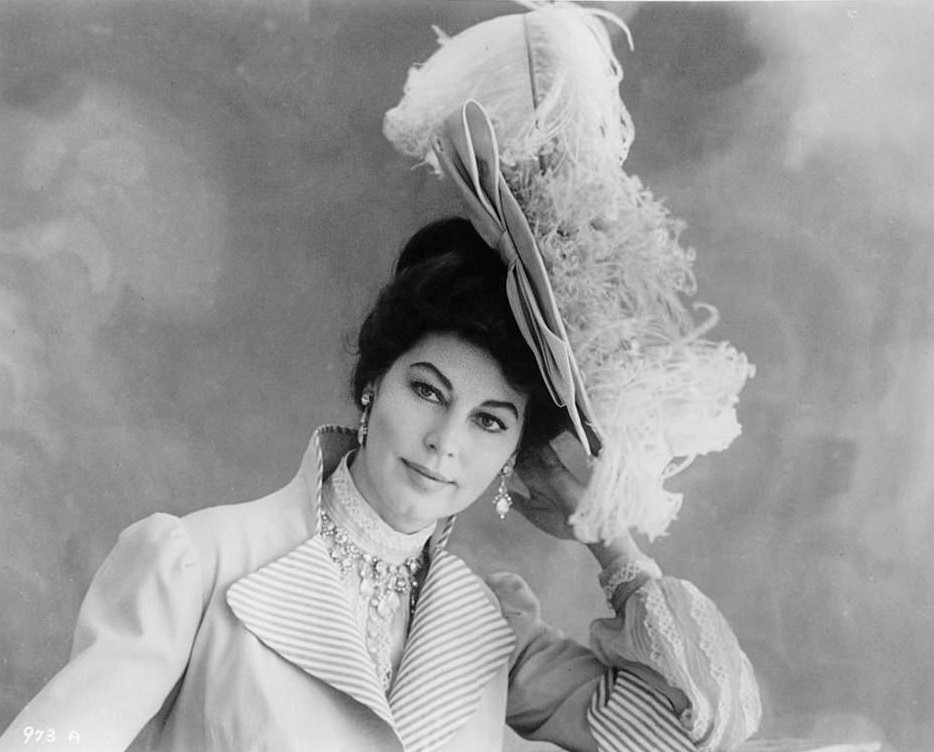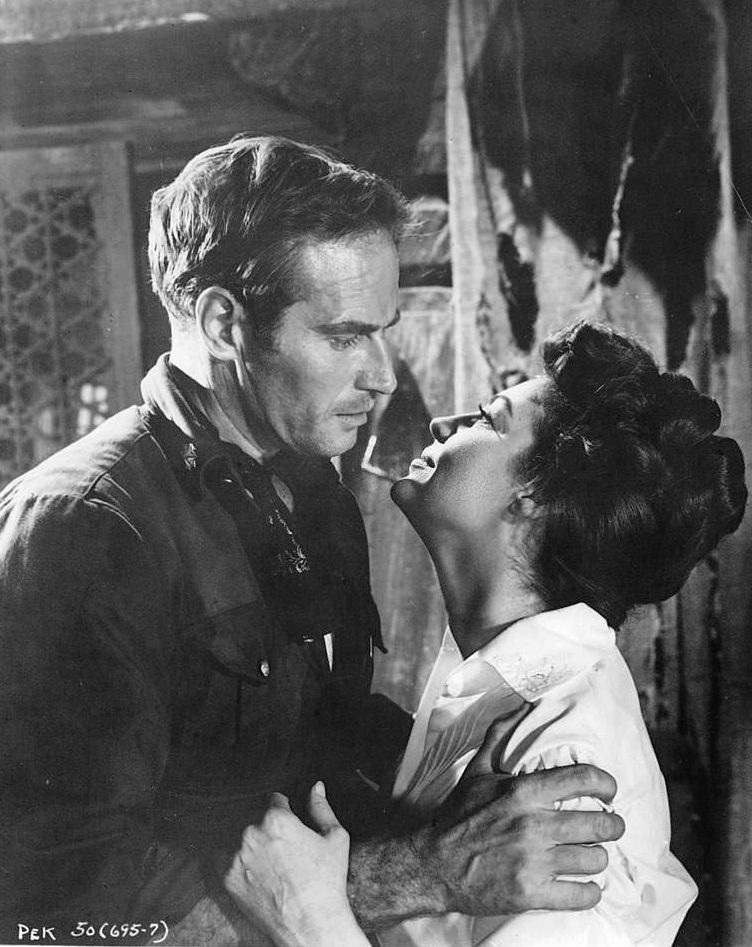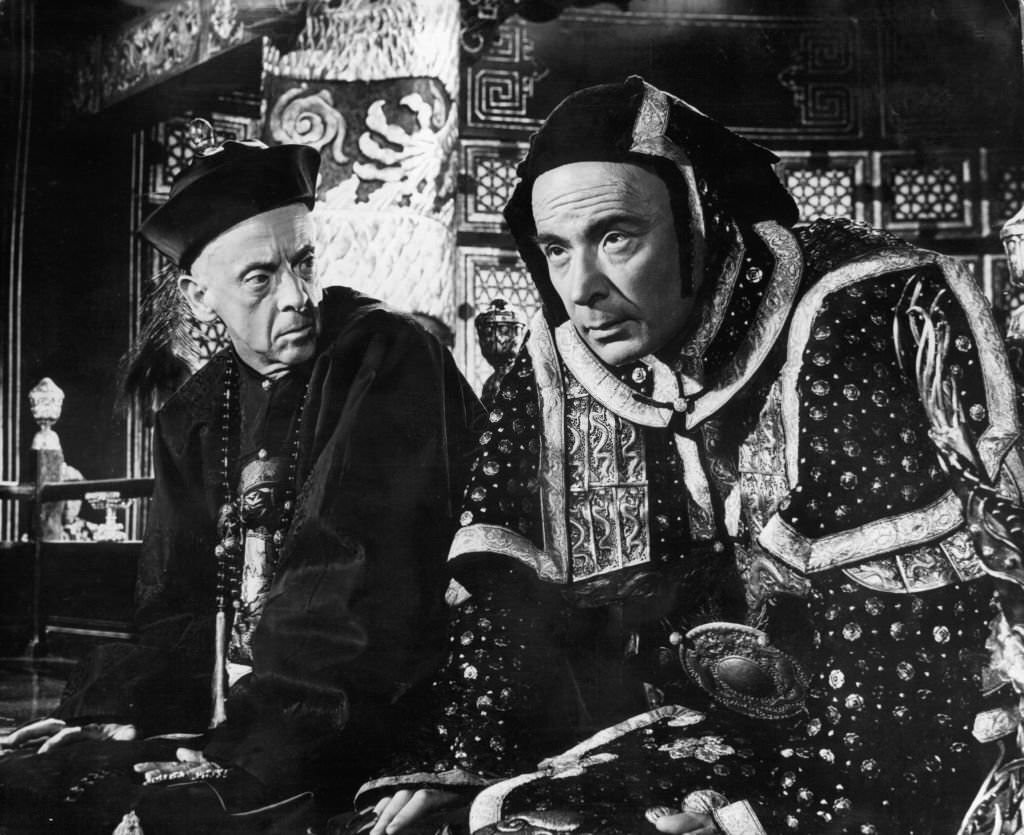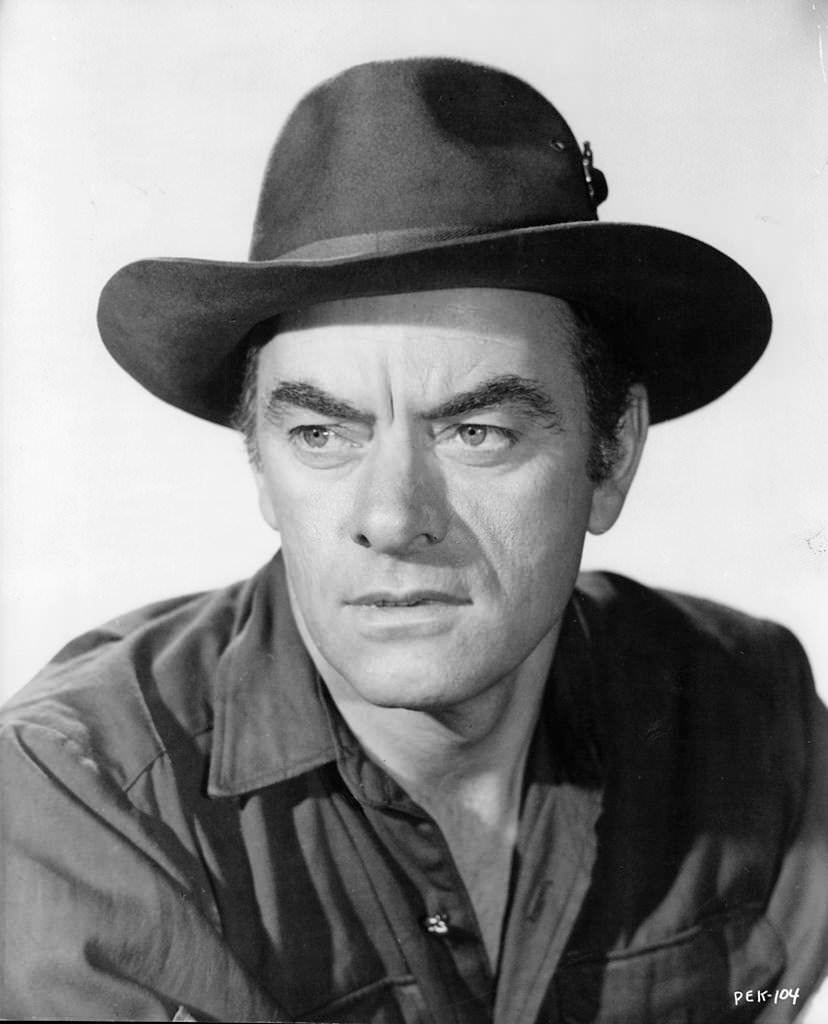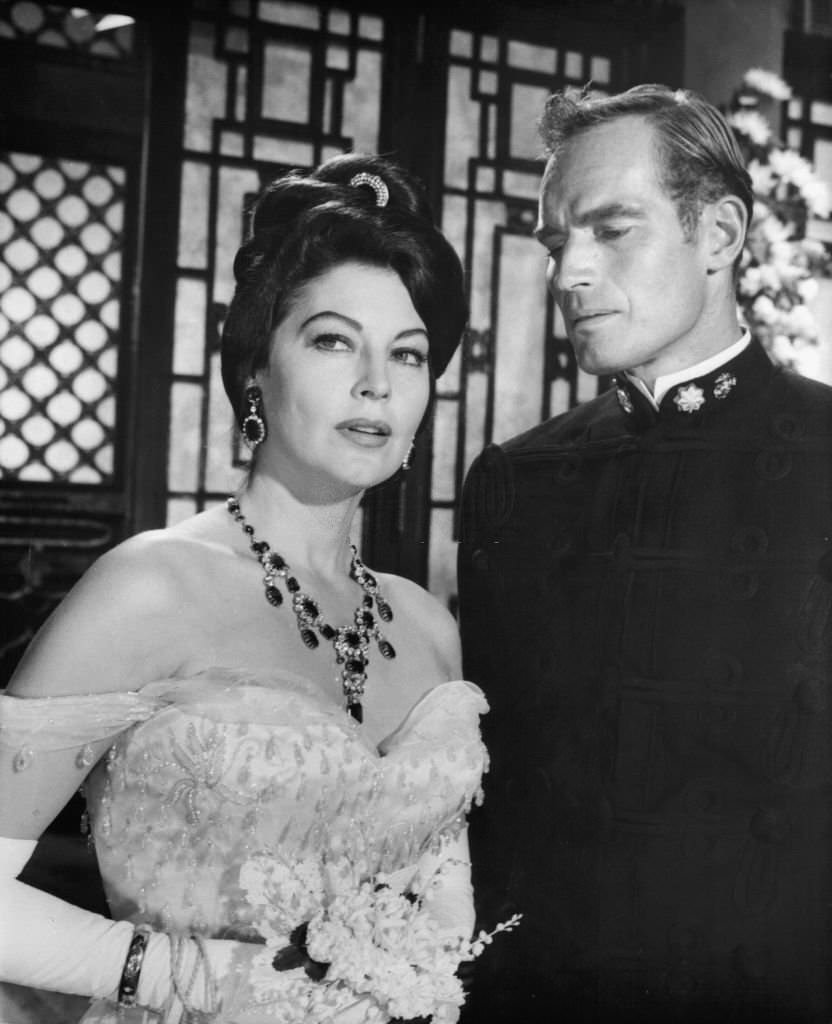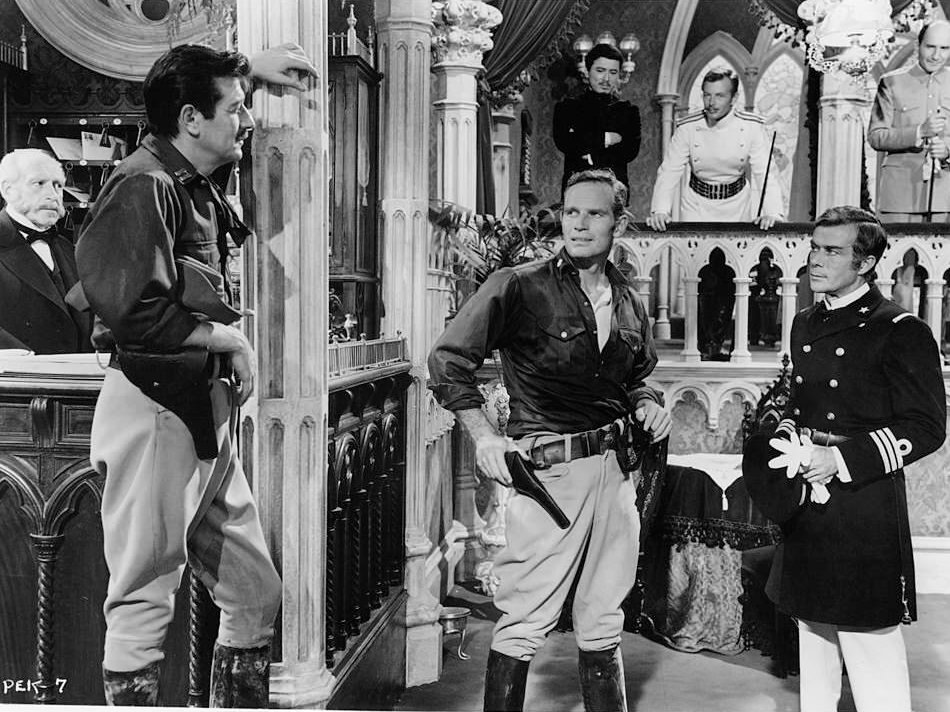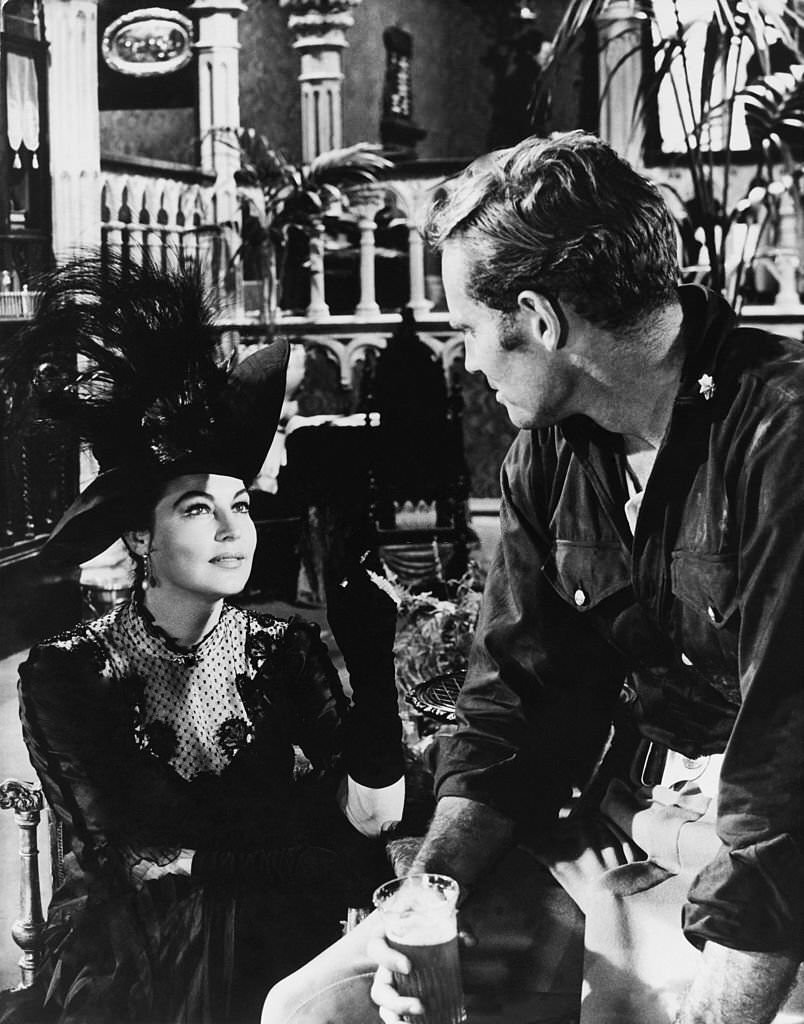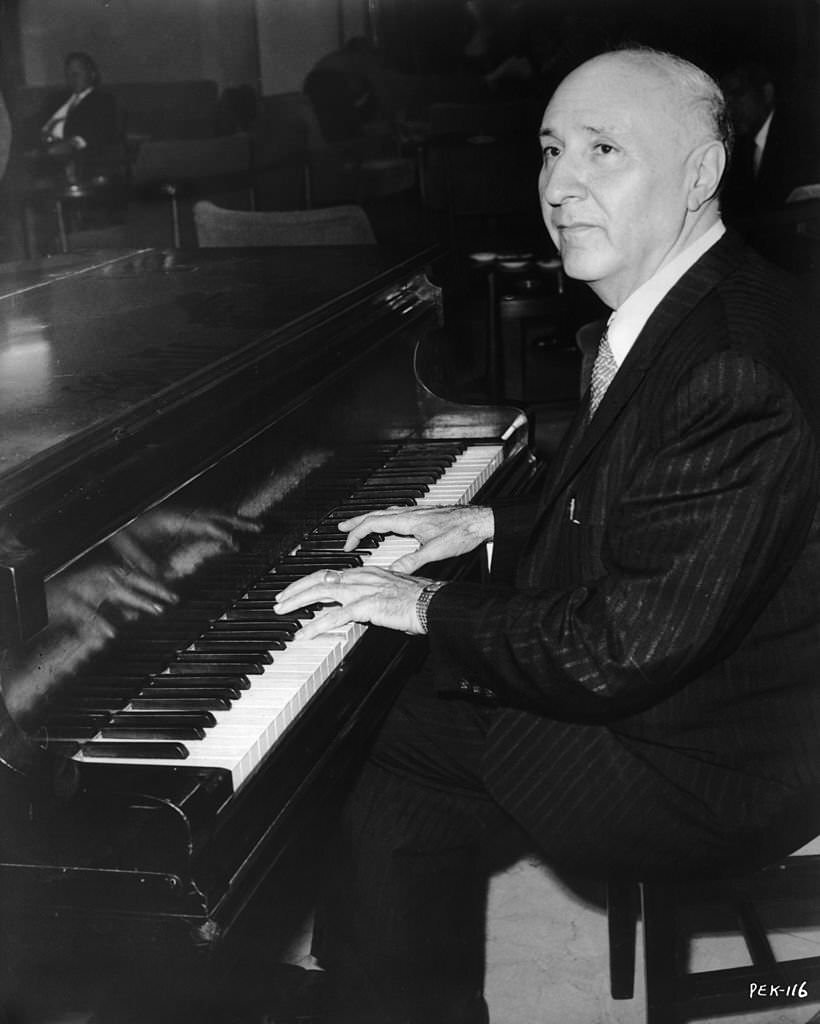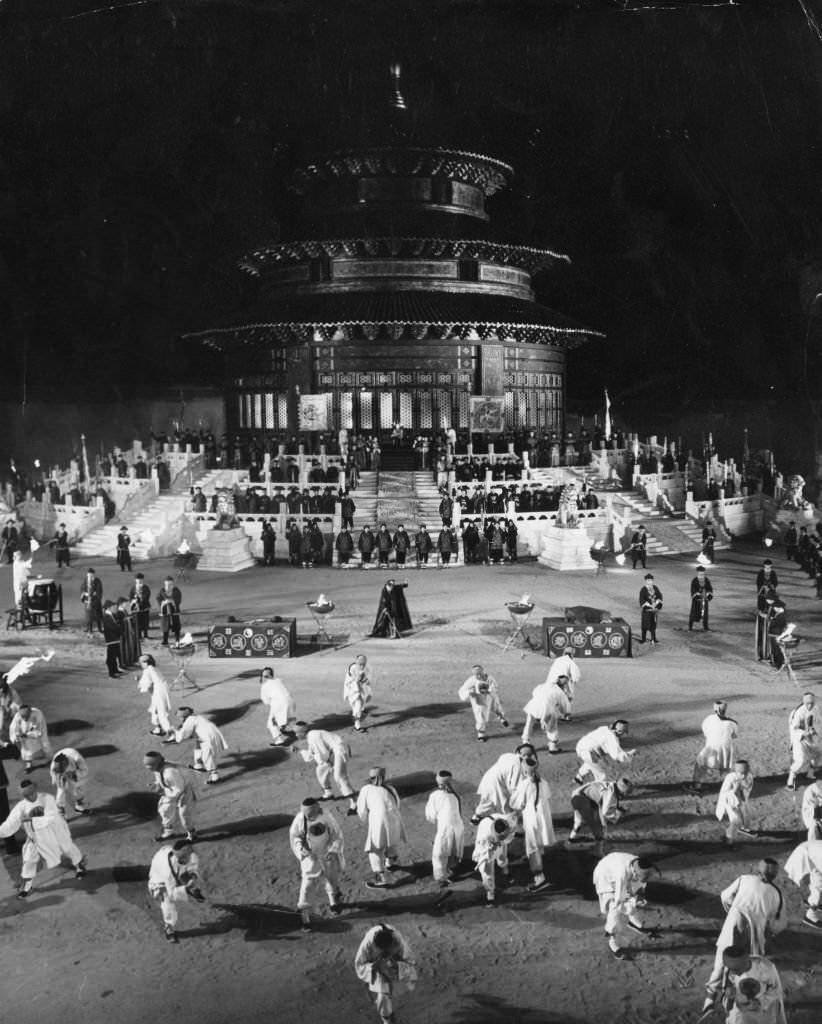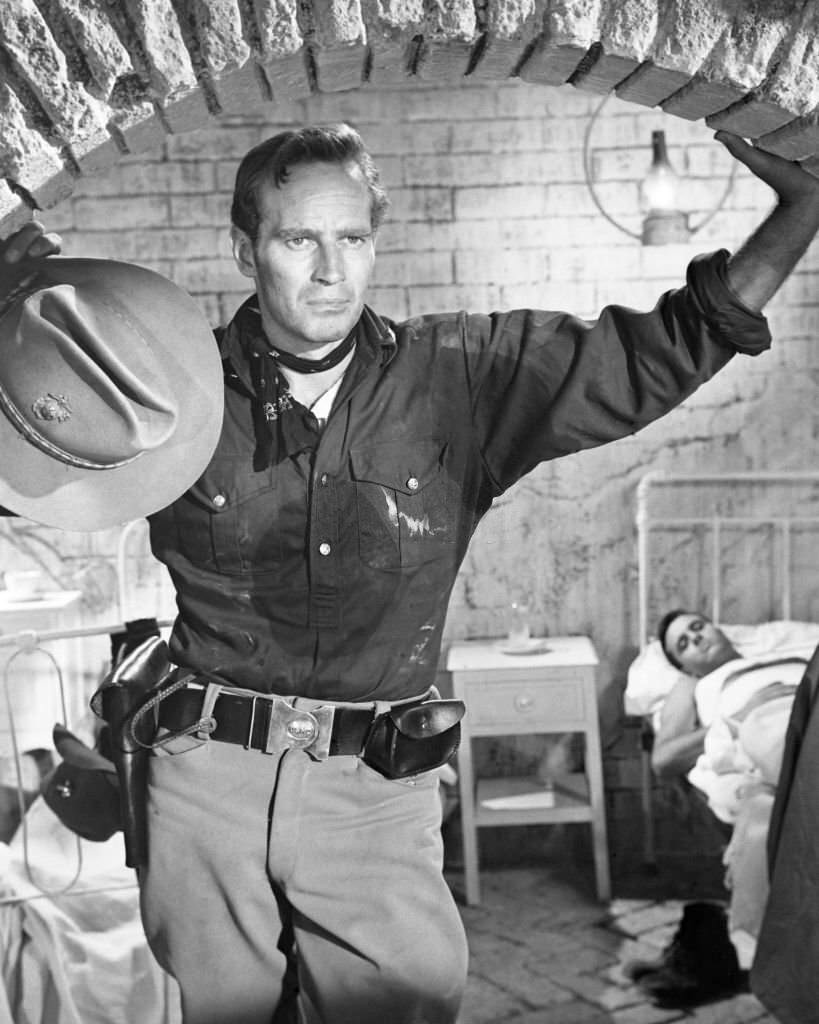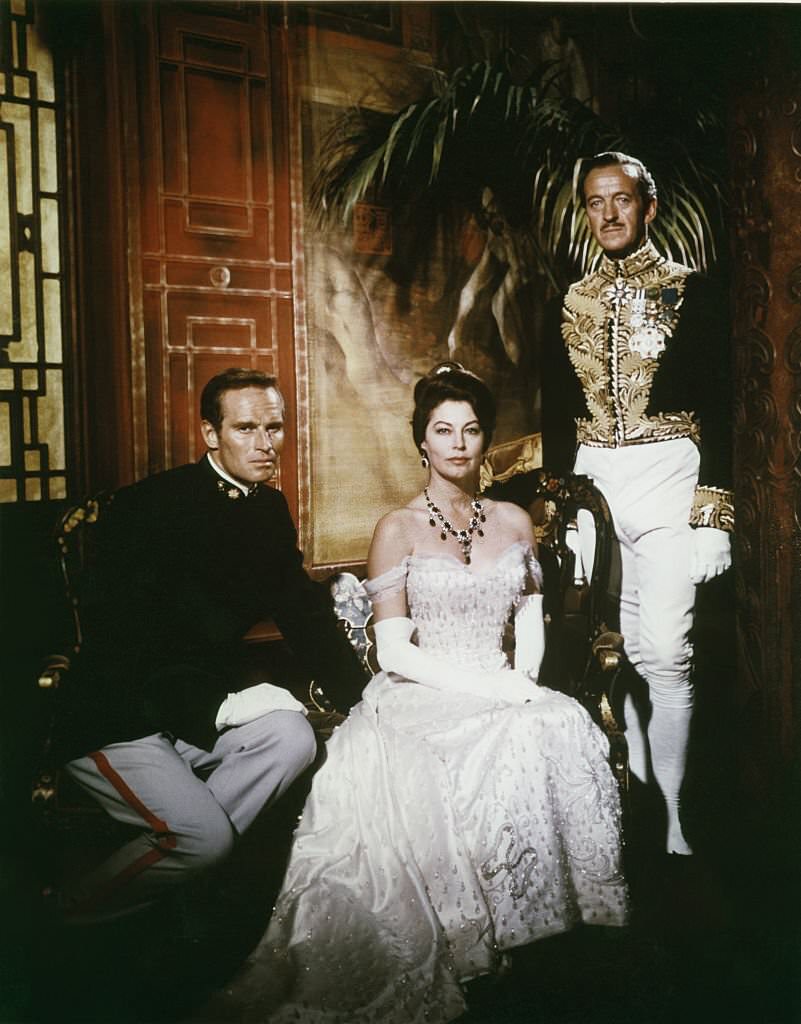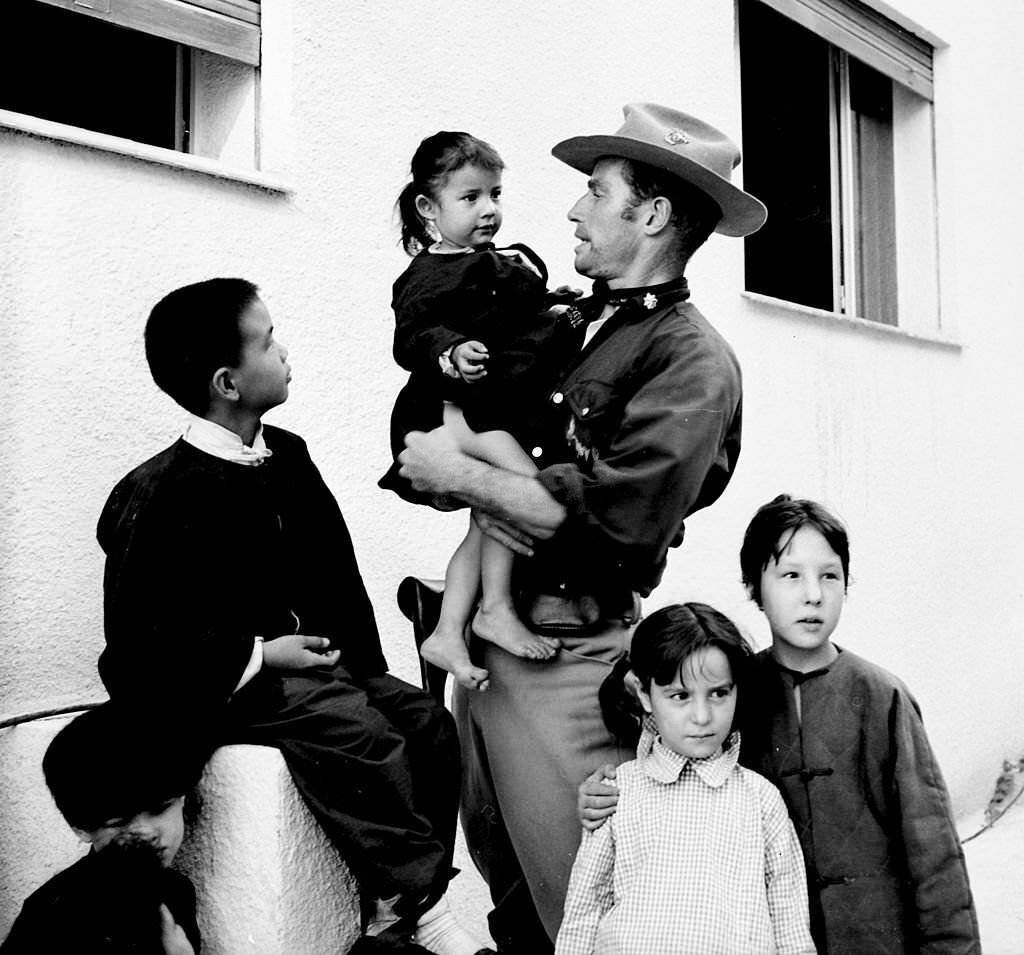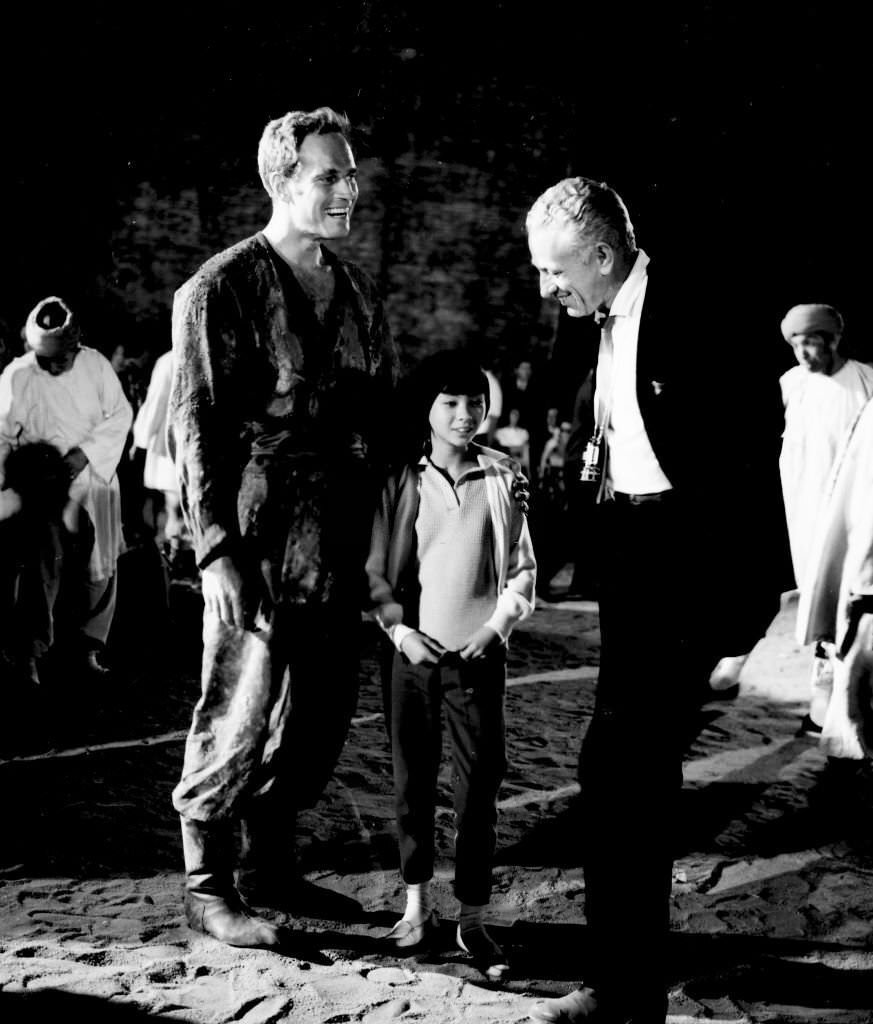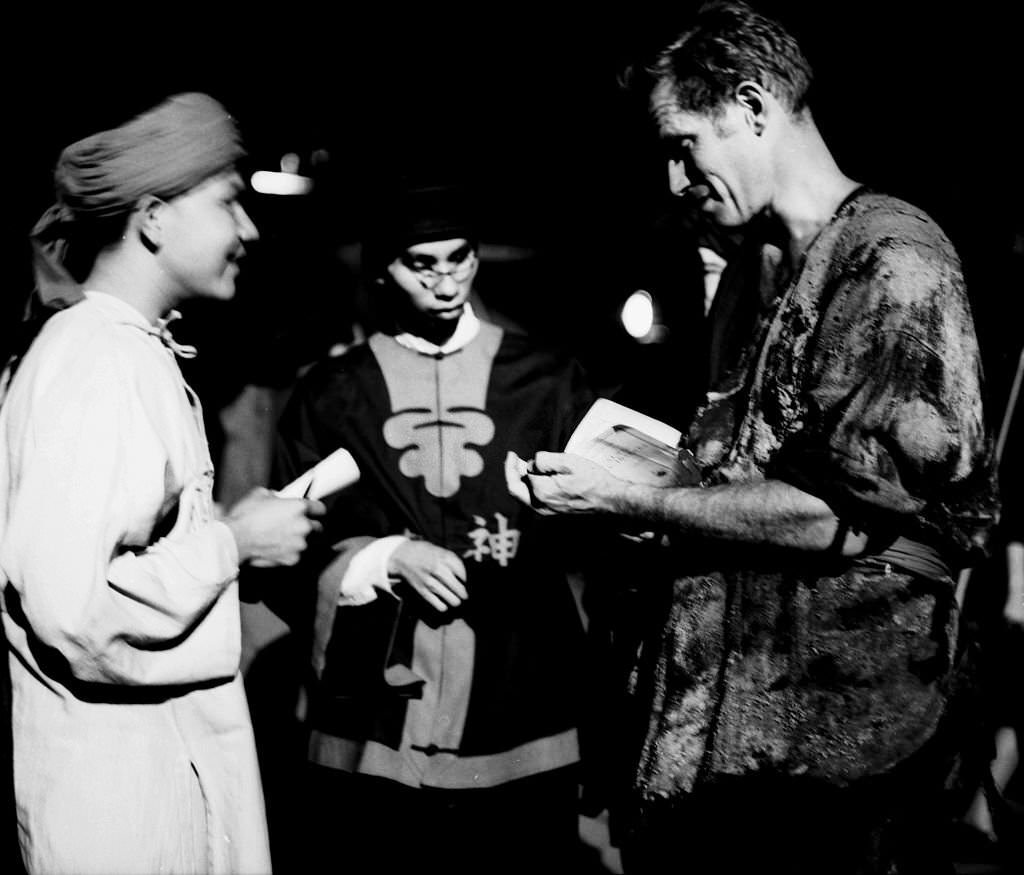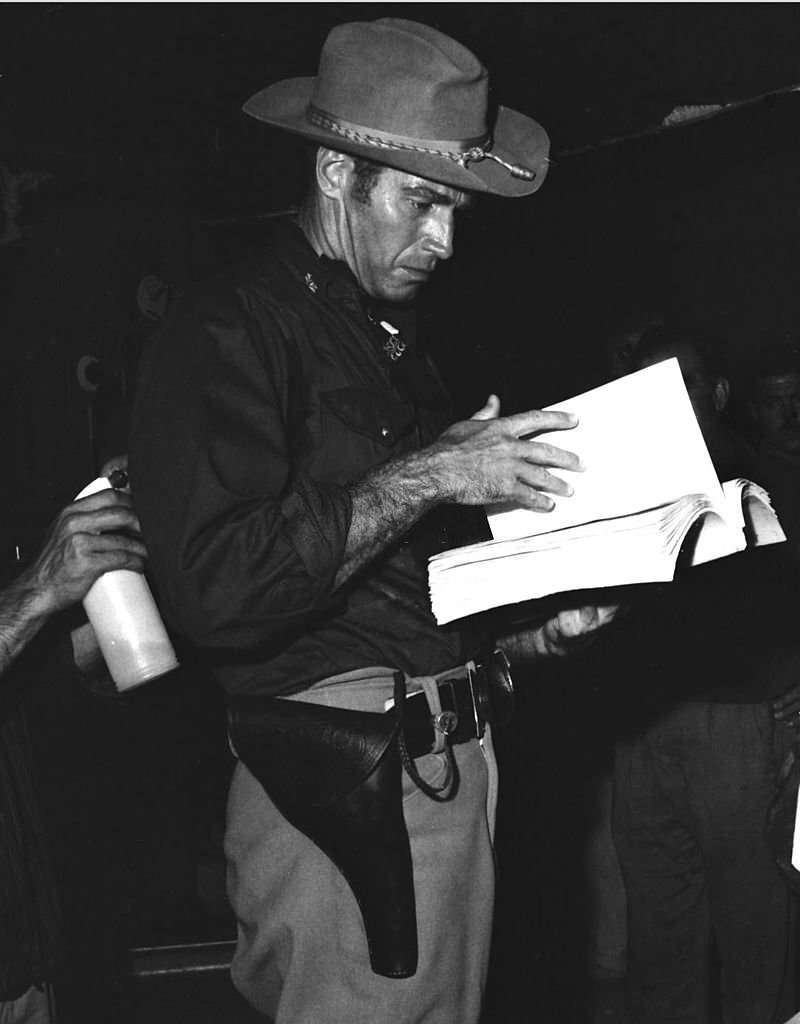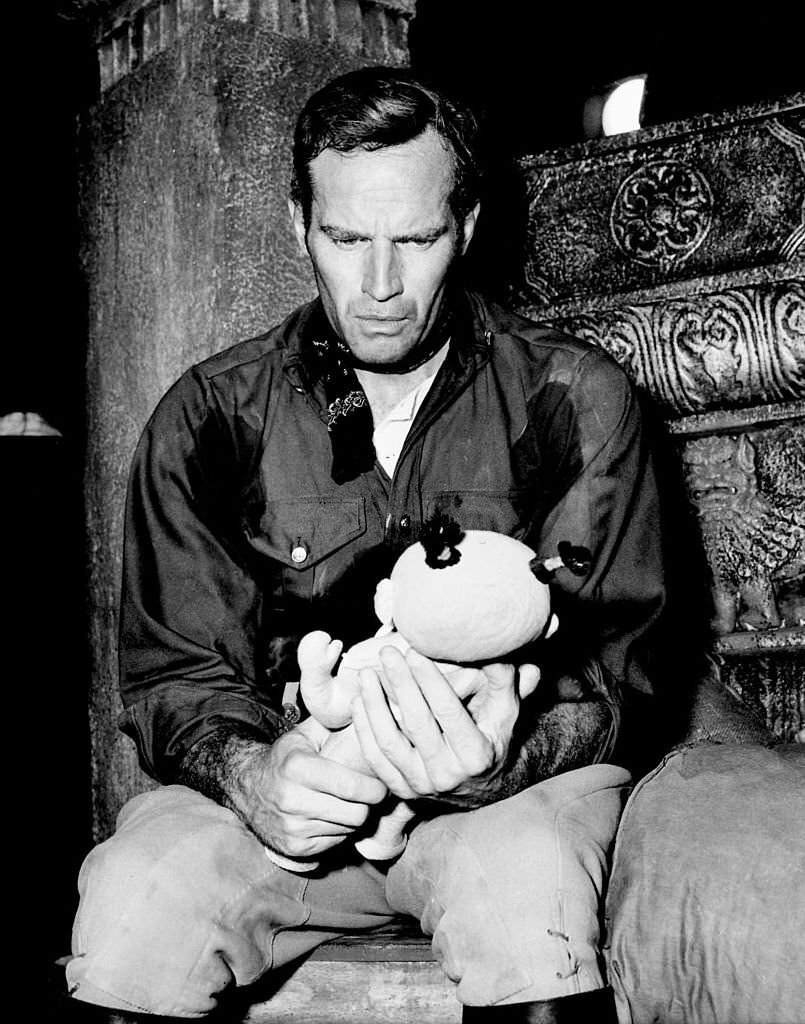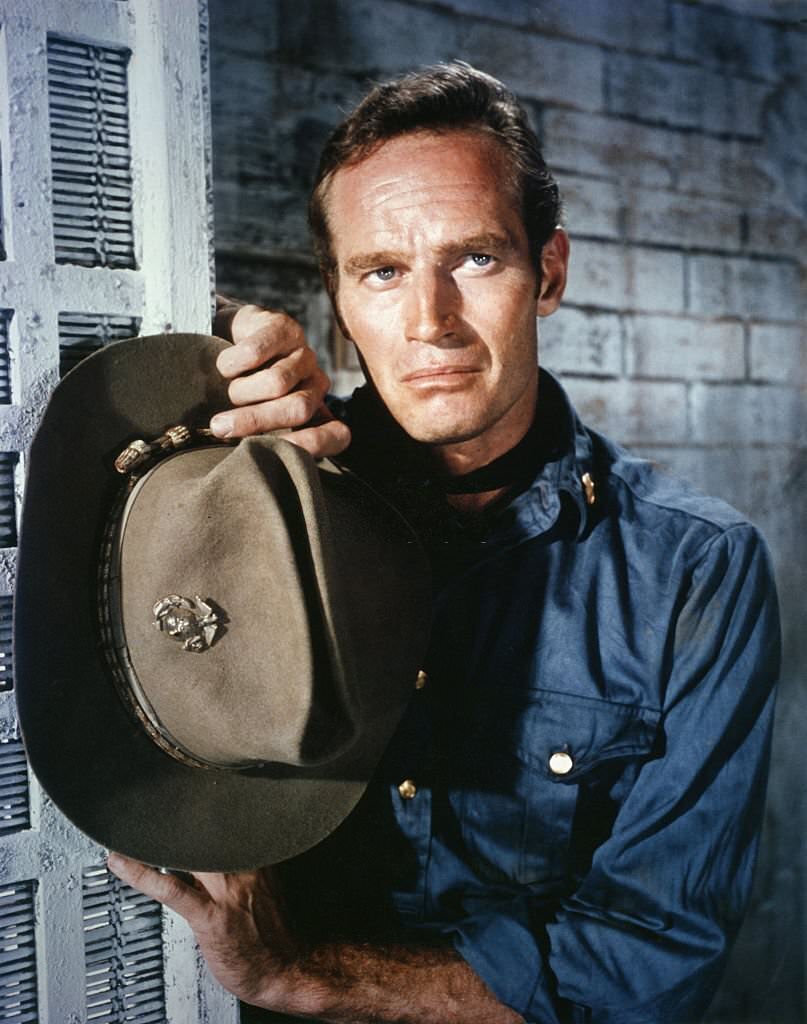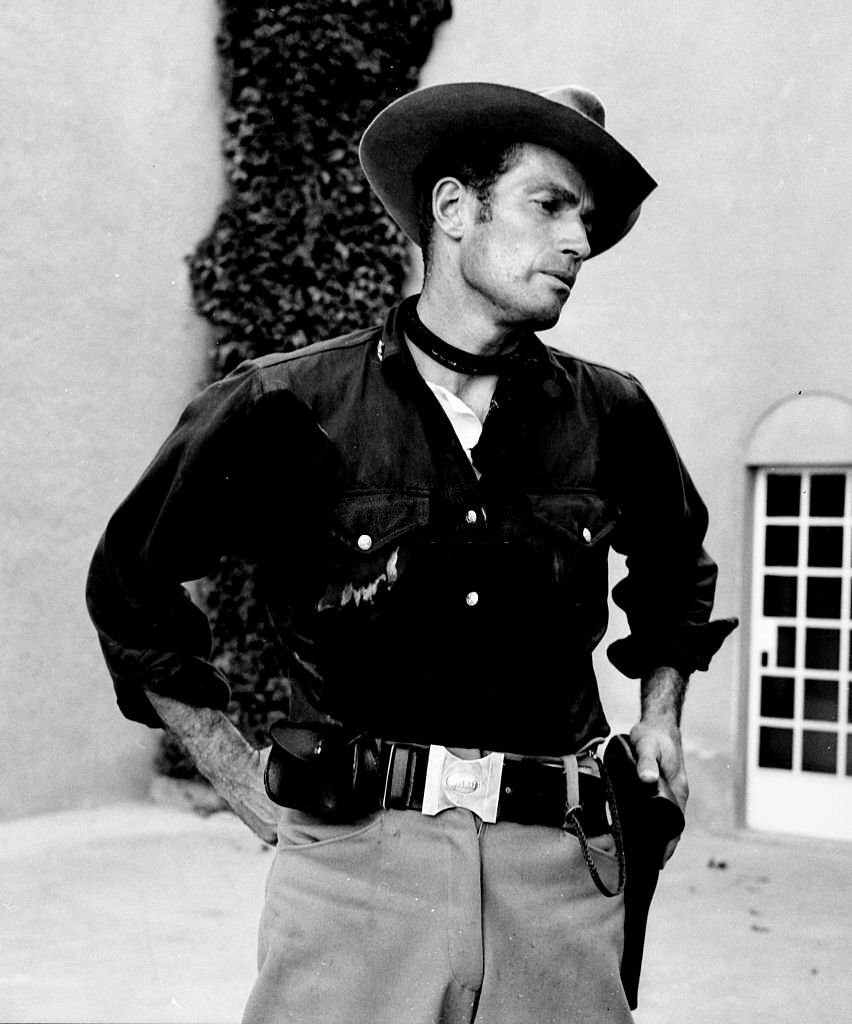55 Days at Peking is an epic historical war film released in 1963. This film depicts the siege of the foreign legations’ compounds in Peking (now known as Beijing) during the Boxer Rebellion, which took place in China between 1899 and 1901. Samuel Bronston produced the film for Allied Artists, with a screenplay by Philip Yordan and Bernard Gordon, with uncredited contributions from Robert Hamer, Julian Halevy, and Ben Barzman. Noel Gerson wrote a screenplay novelization under the pseudonym Samuel Edwards in 1963.
There were two main characters on the western side: Major Lewis, the commander of the U.S. Marines in Peking, and Sir Arthur Robertson, the British ambassador. While we see a little less of the Chinese side in the movie, the main characters from the Chinese side were the Dowager Empress Tzu-Hsi and her counsellors, the devious and anti-foreigner Prince Tuan, and the more liberal General Jung-Lu, who favors rapprochement with the foreigners. There are several set-piece battle scenes, overwhelming in scope and breathtaking in their scope, depicting the pride and fury of the siege of the Peking Legation Quarter by the Boxers, when the fate of Western interests and the fate of China itself hung in the balance. It is an excellent film in the sense that it has a big story to tell and makes a gripping narrative of it through all its ups and downs. It is truly a masterpiece of motion picture storytelling.


